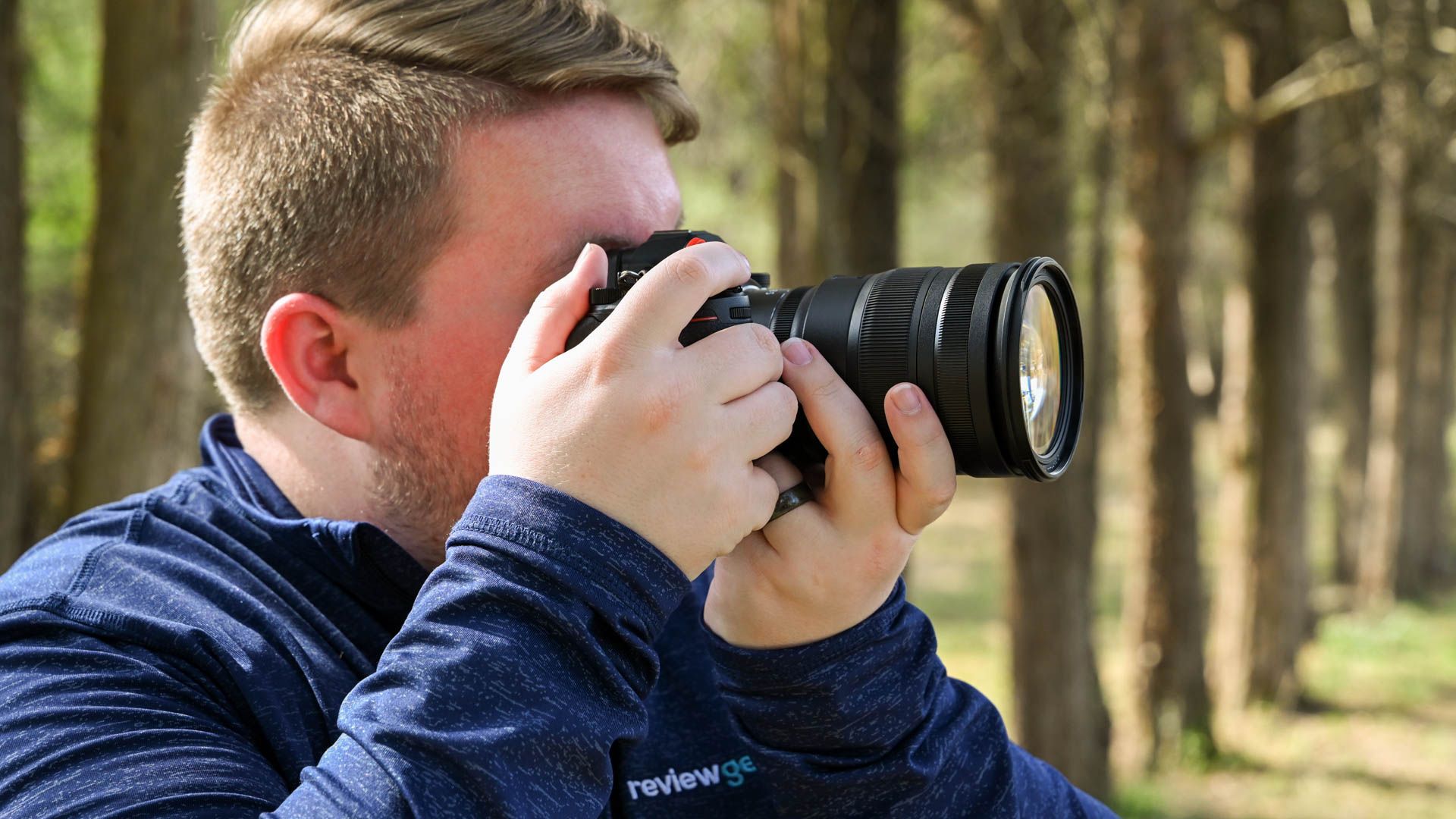
Most Recommended Digital SLR Lenses for Photo Enthusiasts - 2024 Edition

Most Recommended Digital SLR Lenses for Photo Enthusiasts - 2024 Edition
Read update
- We’ve reviewed our recommendations and updated our pick for the best DSLR Macro lens.
The best DSLR lenses deliver quality images and are built to last for years, and finding the best lens for your frame is one of the most important things to do to elevate your photography. We can help.
UPDATE: 02/05/2024
We’ve reviewed our recommendations and updated our pick for the best DSLR Macro lens.
Nikon AF-S FX NIKKOR 24mm f/1.4G ED
Best DSLR Wide Angle Lens
$1399 at Amazon
Sigma 14-24mm F2.8 DG HSM
Best DSLR Ultra Wide Angle Lens
$1239 at Amazon
Canon EF 70-300mm f/4-5.6 IS II USM
Best DSLR Telephoto Lens
$599 at Amazon
Nikon AF FX NIKKOR 35mm f/1.4G
Best DSLR Lens for Street Photography
$1670 at Amazon
Canon EF 85mm f/1.4L IS USM
Best DSLR Portrait Lens
See at Amazon
Sigma 105mm F2.8 EX DG OS HSM Macro
Best DSLR Macro Lens
$793 at Amazon
What to Look For in a DSLR Lens in 2024
Mirrorless cameras may be all the rage, but DSLRs still hold their own on the photography front. If you’re not ready to switch to mirrorless, don’t want to, or it’s just too expensive right now, the DSLR’s long history means there’s a robust market for quality glass. So how do you choose the best DLSR lens for you?
Two important factors to start with when choosing a lens are what you shoot and what your budget is. If your budget isn’t very high, you can still invest in a quality multipurpose lens that can cover different areas. A good 50mm lens, for example, can shoot portraits and street photography and be used at events.
From there, think about what conditions you shoot in. People who shoot indoors where there isn’t much ambient light or portrait photographers looking for a nice blurry background will want to invest in lenses with a wider maximum aperture like 1.8, 1.4, or even 1.2.
This allows more light into the lens, which saves you from cranking your ISO up too high. For that same reason, you can shoot at higher shutter speeds in low-light conditions with a wide-aperture lens.
Don’t neglect build quality, either. Look for lenses that are sturdily built and, if possible, weather-sealed. Wildlife and outdoor photographers especially will want glass that can stand up to dirt and moisture without needing expensive repairs. Ultra-cheap lenses may seem like a good deal on the surface, but they are usually inexpensive because it’s made of plastic and will easily break.
That’s not to say that cheap lenses are bad. Used and refurbished lenses, or lenses that don’t have quite as wide an aperture, can be a good deal and still work remarkably well. A lens with a max aperture of f/1.8, for example, is almost always cheaper than one with a max aperture of f/1.4 but will still provide a wonderful background blur.
Any experienced photographer will tell you that the part of your kit worth investing in is your lenses. Camera bodies get upgraded fairly often, but a good lens properly maintained can last you a decade.
Given their importance and lifespan, most of the lenses on this list are on the pricier side, but they’re among the best available—some haven’t needed a design update since 2010. That said, we know they won’t be within everyone’s budget. We’ll provide less expensive alternatives to some of the options below that work almost as well. We recommend buying the best you can afford at the moment.
| How Did We Research | ||
|---|---|---|
| Models Evaluated | Hours Researched | Reviews Analyzed |
| 48 | 6 | 50 |
How-To Geek’s product recommendations come from the same team of experts that have helped people fix their gadgets over one billion times. We only recommend the best products based on our research and expertise. We never accept payment to endorse or review a product. Read More »
Best DSLR Wide-Angle Lens: Nikon AF-S FX NIKKOR 24mm f/1.4G ED
| Pros | Cons |
|---|---|
| ✓ Wide angle captures cityscapes, interiors, or wide environmental portraits | ✗ Still pretty expensive if you buy new |
| ✓ Very sharp images | ✗ Not as much of a multipurpose lens as a 35mm or 50mm |
| ✓ Compatible with full-frame and crop sensor camera bodies | |
| ✓ Fast max aperture of f/1.4 |
Touted as “the best wide angle lens in the world “ for a reason, Nikon’s NIKKOR 24mm f/1.4 lens creates a sharp image to the corners, even wide open at f/1.4. Low barrel distortion also means less correction time in post.
While designed for Nikon’s full-frame FX mount, this lens also works with crop-sensor Nikon cameras to provide a roughly 35mm focal length equivalent. If you’re currently shooting a crop sensor Nikon and plan to upgrade to a full-frame DSLR, this will be a smart investment.
This lens is great for real estate and architectural photographers who typically need a wide angle of view. But wedding and portrait photographers looking for more creative angles or to get more of the scene will find a lot to love here, too.
The NIKKOR 24mm f/1.4 is big and has a hefty price tag, but the image quality is worth it–and this lens has been around long enough that you can probably find a sweet deal on a used copy in good shape.
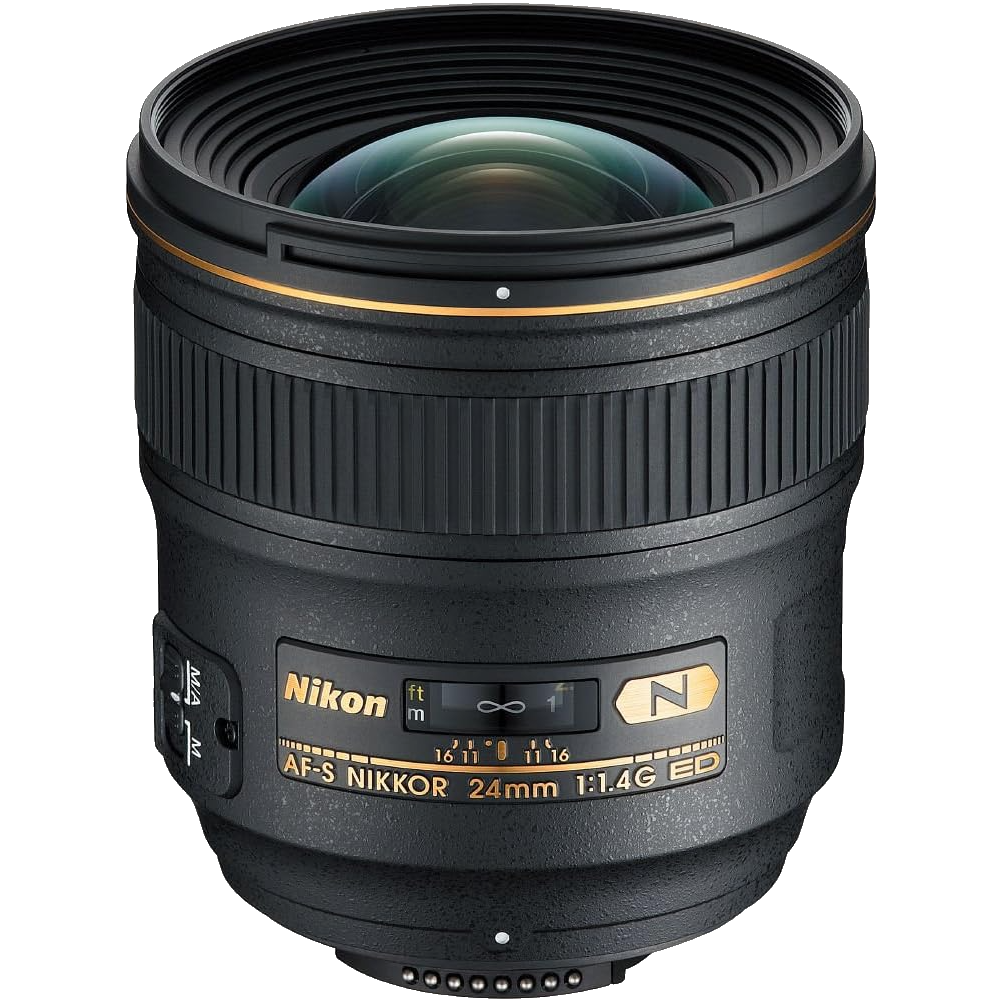

Best DSLR Wide Angle Lens
Nikon AF-S FX NIKKOR 24mm f/1.4G ED
A high-end wide-angle prime from Nikon that’s perfect for architectural shots and environmental portraits.
Best DSLR Ultra-Wide Angle Lens: Sigma 14-24mm F2.8 DG HSM
| Pros | Cons |
|---|---|
| ✓ Max aperture of f/2.8 | ✗ Bigger and heavier than some brand-name lenses |
| ✓ Variable wide angles of view | |
| ✓ Solidly built and weather sealed |
Regardless of what brand you shoot, the Sigma Art series is a solid choice for anyone looking for high-quality glass when that brand’s lenses are out of reach. The company’s 14-24mm F2.8 lens has a fairly wide max aperture, and the zoom range makes this a good lens for real estate and architectural photographers who need to get an entire room or building into the shot.
While some third-party lenses have a bad rap for looking or feeling cheap, the Sigma Art series isn’t one of them. This lens is built strong and weather-sealed, and the glass elements have a high-end fluorite coating to help protect them and prevent ghosting or flaring.
Despite the wide max angle, there’s almost no distortion, and the images are high-quality and sharp. And at f/2.8, it’s got a wider max aperture than Canon’s equivalent, which only goes to f/4.
Just make sure you have room in your camera bag for this lens, as the 14-24mm F2.8 is both bigger and heavier than its equivalent from other brands.
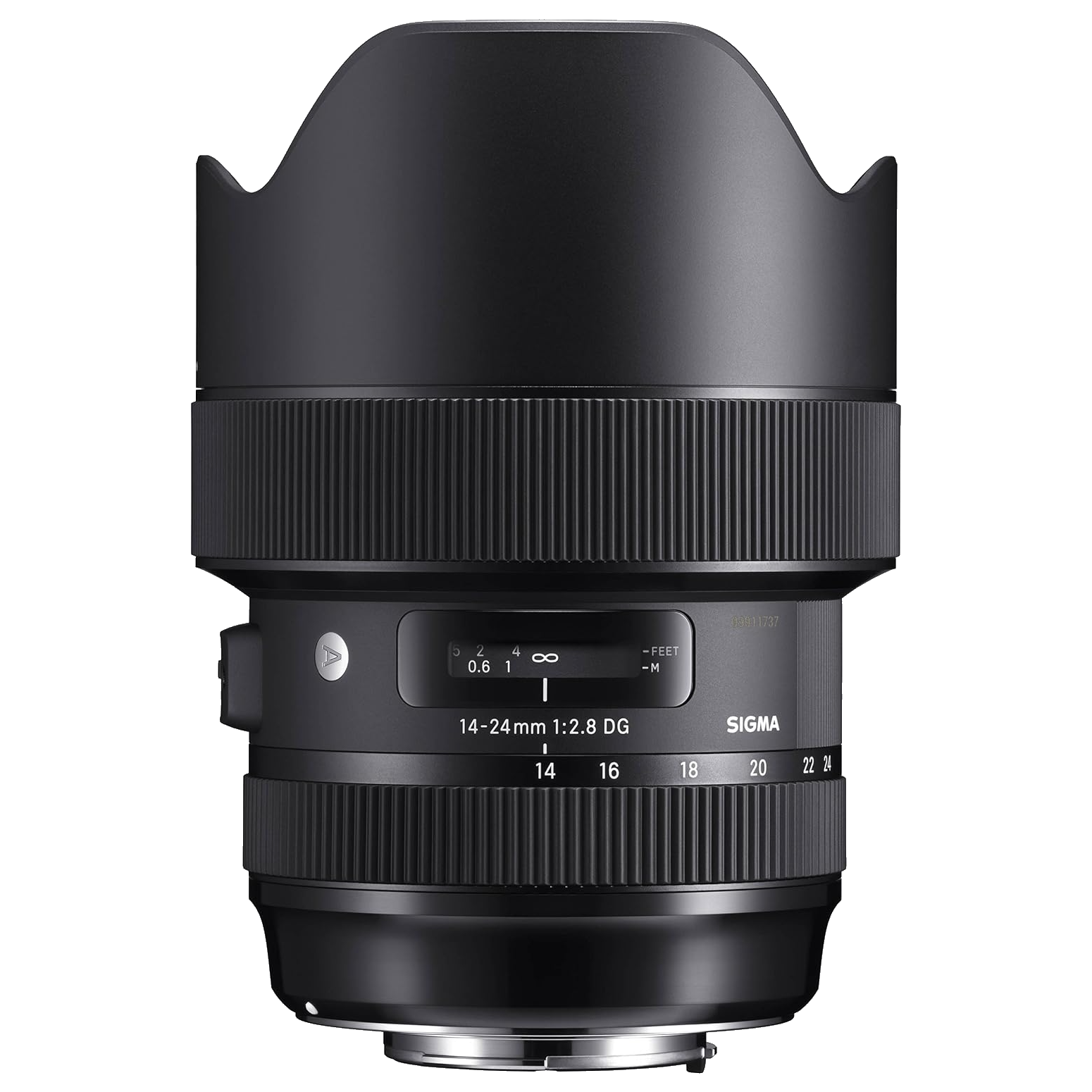

Best DSLR Ultra Wide Angle Lens
Sigma 14-24mm F2.8 DG HSM
This ultra wide angle Sigma Art lens feels solid and produces great images on par with brand name offerings.
$1239 at Amazon See at Target See at adorama
Best DSLR Telephoto Lens: Canon EF 70-300mm f/4-5.6 IS II USM
| Pros | Cons |
|---|---|
| ✓ Wide zoom range captures a variety of focal lengths | ✗ Large and heavy |
| ✓ Comes with four-stop image stabilization | |
| ✓ Decent aperture range for a standard telephoto | |
| ✓ Super affordable |
Canon’s EF 70-300mm standard zoom lens is fairly priced for what you get. This telephoto lens has impressive image stabilization and provides sharp images across the zoom spectrum. Designed for crop sensors, this lens can be used as a budget full-frame zoom in a pinch and even includes an on-barrel screen to cycle through different modes.
The aperture range of f/4-5.6 is standard for this type of zoom, and while not as wide as an f/2.8 lens, you’re still getting a lot for your money. Autofocus is fast, and image stabilization claims to cover up to four stops.
While this Canon lens is not an ultra-professional high-end telephoto, it’s still a good budget option for wildlife and sports shooting.
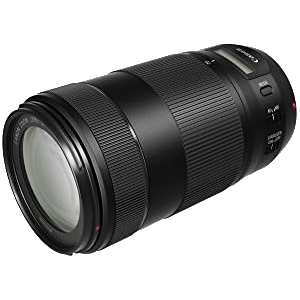

Best DSLR Telephoto Lens
Canon EF 70-300mm f/4-5.6 IS II USM
Canon’s 70-300 telephoto lens is a nice budget option for those looking to get closer to the action.
$599 at Amazon See at crutchfield See at adorama
Best DSLR Lens for Street Photography: Nikon AF FX NIKKOR 35mm f/1.4G
| Pros | Cons |
|---|---|
| ✓ Relatively compact Large max aperture | ✗ High price tag |
| ✓ Large max aperture | |
| ✓ High-quality construction | |
| ✓ Wider field of view without distortion |
35mm is largely agreed upon as one of the best focal lengths for street photographers, and Nikon’s 35mm f/1.4G is considered one of the best 35mm lenses out there. Fast autofocus on full-frame Nikon DSLR bodies, sharp images, and a wide max aperture make this DSLR lens a very versatile and relatively compact lens to take to the street.
The f/1.4 aperture allows for handheld shooting in dimmer light, which is particularly important for changing situations on the street. In addition, the 35mm field of view can capture more of the environment, resulting in some cinematic street scenes or portraits when used creatively.
While the Nikon lens is a bit older, it’s still expensive. If you don’t have the cash for this particular 35mm, the Sigma Art 35mm f/1.4 is a great alternative at around half the price.
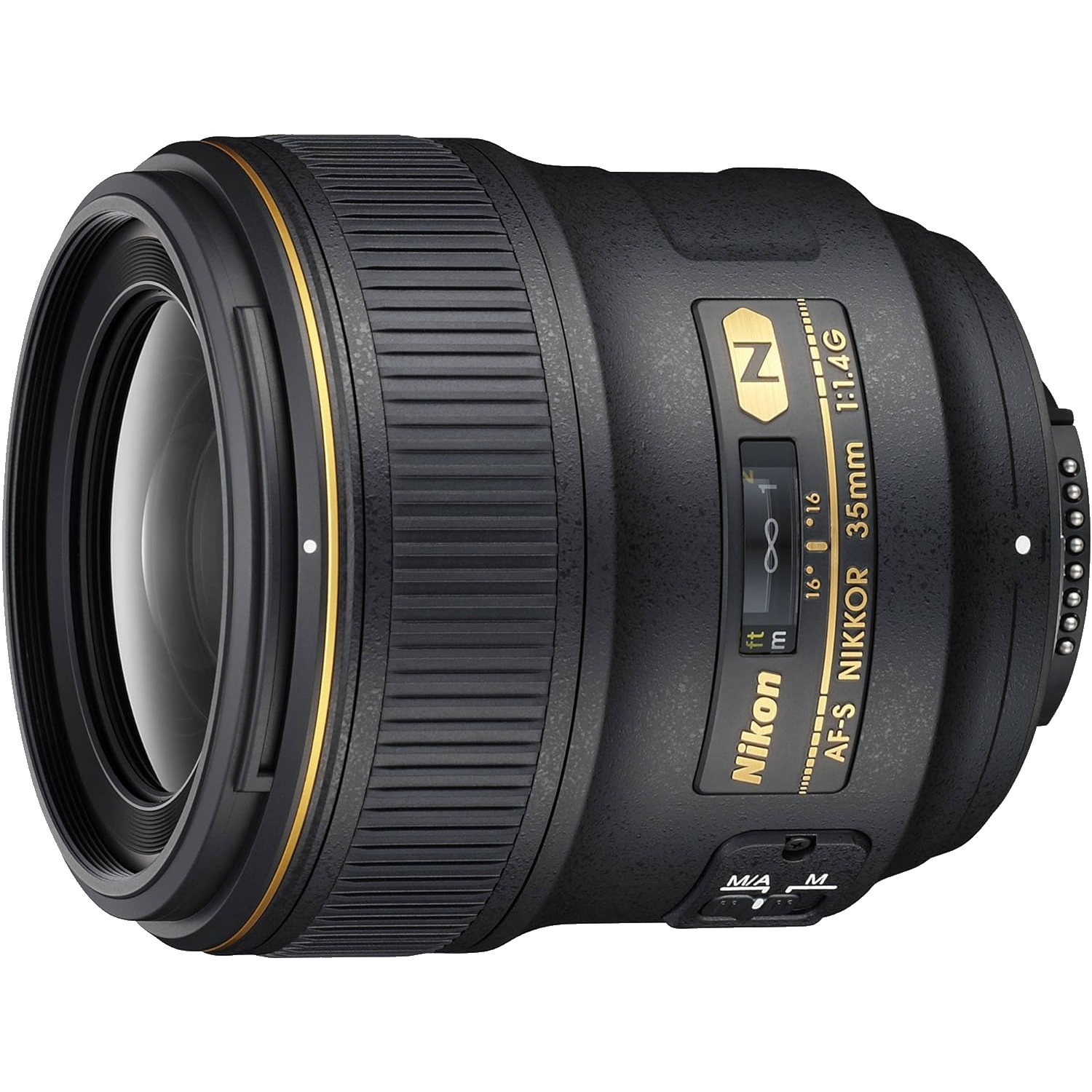

Best DSLR Lens for Street Photography
Nikon AF FX NIKKOR 35mm f/1.4G
One of Nikon’s best, this 35mm lens produces great images on the street or anywhere else.
$1670 at Amazon See at adorama
Best DSLR Portrait Lens: Canon EF 85mm f/1.4L IS USM
| Pros | Cons |
|---|---|
| ✓ Super high-quality glass | ✗ Very expensive |
| ✓ Wide max aperture | |
| ✓ Image stabilization | |
| ✓ Superior build quality |
While portraits can be shot on a variety of focal lengths, the combination of compression and bokeh (blurred background) you get from a wide-aperture 85mm means a lot of portrait shooters prefer it. This lens isn’t the latest 85mm from Canon, but the 85mm f/1.4L has better build quality and sharper images at the max aperture of 1.4 than the newer 85mm f/1.2 . Most notably, the f/1.4 is weather-sealed while the f/1.2 is not.
Canon’s 85mm f/1.4 lens also has a shock-absorbing barrel and image stabilization, which make it among the best pieces of glass out there for handheld portrait shooting on a DSLR when combined with its f/1.4 aperture.
Buttery smooth bokeh and good ergonomics make it a prime lens any Canon photographer would be proud to add to their kit. Too pricey for your current budget? Sigma has an 85mm f/1.4 lens in its Art line that’s also very strong.
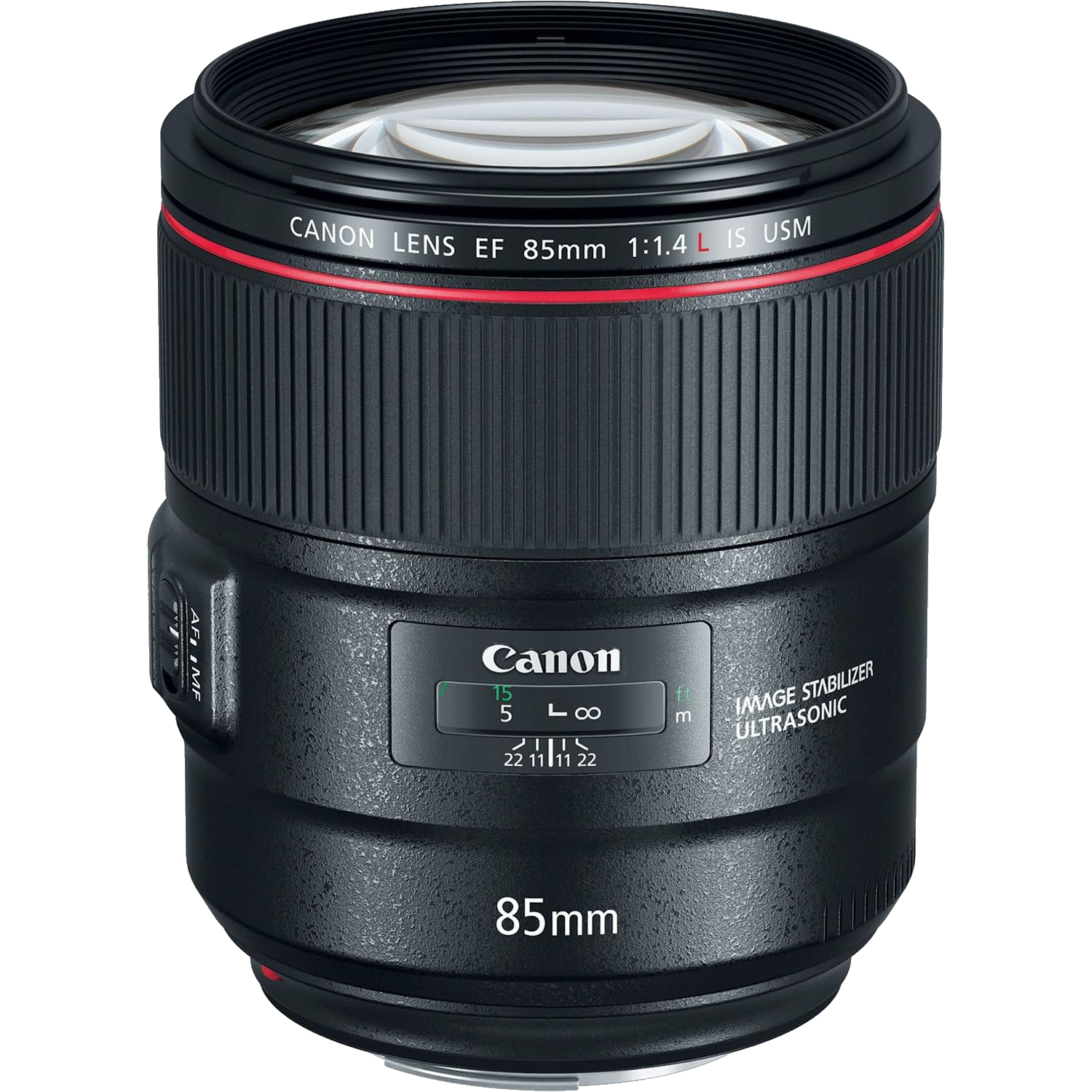

Best DSLR Portrait Lens
Canon EF 85mm f/1.4L IS USM
Canon’s 85mm f/1.4L lens provides just the right amount of compression and bokeh for beautiful, tack-sharp portraits.
See at Amazon See at bestbuy See at adorama
Best DSLR Macro Lens: Sigma 105mm F2.8 EX DG OS HS

| Pros | Cons |
|---|---|
| ✓ Fast and quiet | ✗ No weather sealing |
| ✓ Sharp images | ✗ Big and heavy |
| ✓ Image stabilization | |
| ✓ Good magnification | |
| ✓ Internal focusing |
The old-school 105mm f/2.8 EX DG OS HSM Macro from Sigma is still going strong since its first release back in 2004. It has received significant upgrades since then, including a new design and the welcome addition of 4-stop optical stabilization in 2011. It was the first macro lens from Sigma to feature this, and while it does add to the price and weight, it makes the lens a more versatile choice.
It offers the best balance between value and performance in Sigma’s range of 1:1 true macro lenses. It’s designed for full-frame DSLRs, but you can also use it with cameras featuring APS-C sensors, which effectively alters the focal length to 150mm.
The lens is available for Canon EF , Nikon F , Sigma , and Sony A mounts. The Canon and Nikon versions are also compatible with EOS R and Nikon Z mirrorless cameras when using the appropriate adapter.
The revamped optical design increases from 11 elements in 10 groups to 16 elements in 11 groups. These include two Special Low Dispersion (SLD) elements that effectively correct curvature of field issues and spherical and chromatic aberrations even at close-up distances. This results in superb image sharpness and contrast with reduced color fringing. Additionally, flare and ghosting are curtailed by the presence of two proprietary Super Multi-Layer coatings on the front and rear elements.
With a constant f/2.8 aperture throughout the zoom range, you can use fast shutter speeds even under challenging lighting, while the nine-blade circular diaphragm ensures dreamy bokeh in your images. Furthermore, the autofocus system employs a Hyper Sonic Motor (HSM), ensuring speedy and silent autofocus. In addition to an internal focusing system (the lens doesn’t protrude out when you zoom), you won’t disturb sensitive close-up subjects.
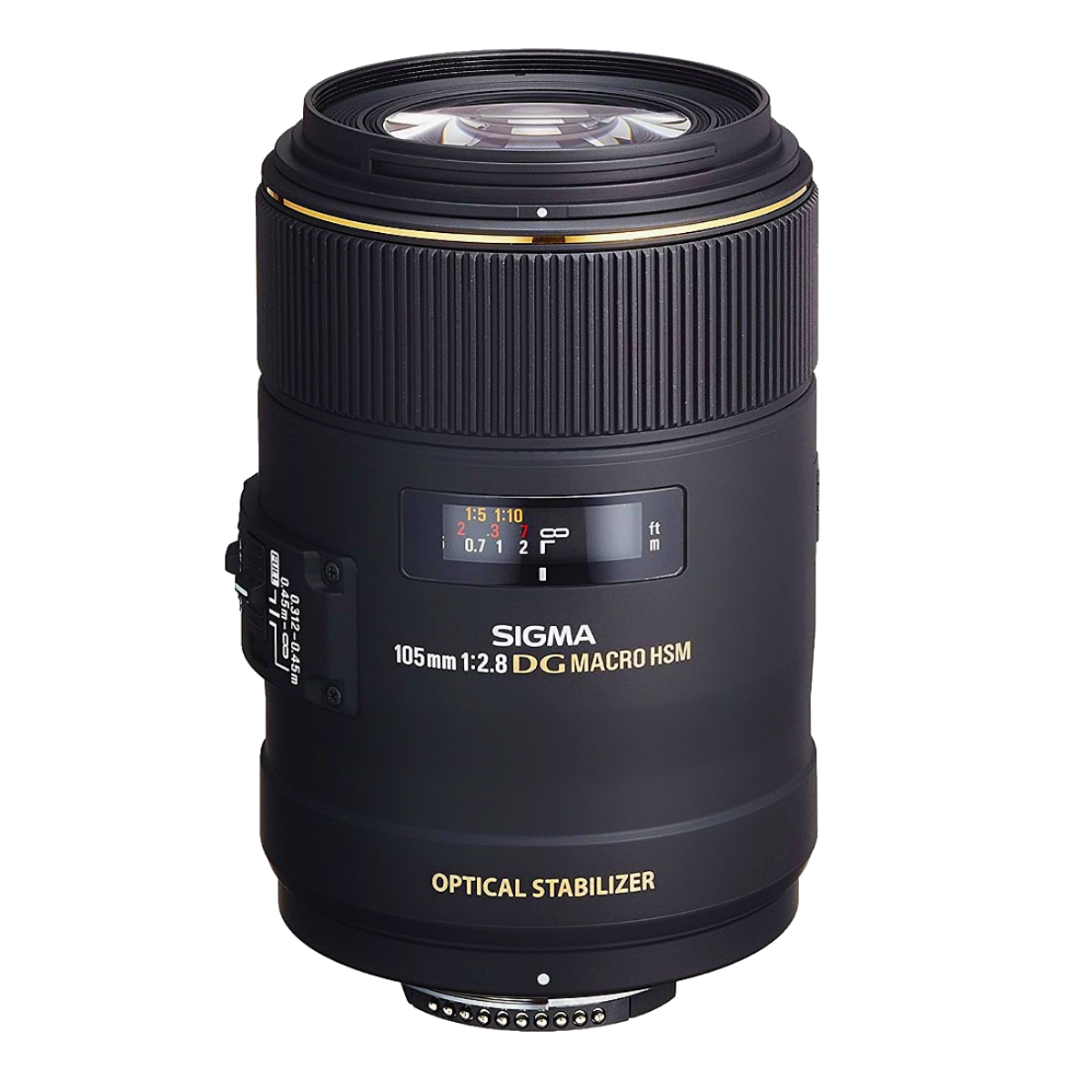
Best DSLR Macro Lens
Sigma 105mm F2.8 EX DG OS HSM Macro
A superb macro lens with image stabilization that offers a nice balance between performance and value.
$793 at Amazon See at Walmart See at Newegg
Also read:
- [New] Effortlessly Post Videos on YouTube with Our Expert Guide for 2024
- [New] Essential Steps for Instagram Chat Novices
- [New] In 2024, Converting YouTube Broadcasts Into Listenable Formats
- [Updated] 2024 Approved A Framework for Employing Videos in Educational Settings
- 2024 Approved Beyond ACID Pro Innovative Vector Editors Reviewed
- Discovering Excellence with Samsung's 2019 Model QN55Q6F - A Next-Gen Smart LED Television Review
- High Hopes, Minor Letdowns: A Closer Look at the Motorola Edge+
- Kensun's Handheld Tire Inflator Reviewed - Dependable Quality and Compact Design
- Latest Gigabyte Z370P Chipset and USB Drivers – Free Download
- MLB The Show 2019 – Where Cutting Edge Graphics Collide with Unexpected Role-Playing Mechanics (Review)
- Motorola One Hyper Reviewed: Standing Out as an Exceptional Choice Among Mid-Range Smartphones
- Planning to Use a Pokemon Go Joystick on Apple iPhone X? | Dr.fone
- Resolving Instability Issues in Microsoft Flight Simulator 2020 - PC Crash Solutions
- The Smartwatch That Offers More for Less: Unveiling the Benefits of the Fitbit Versa Lite
- Unveiling the OQ2E: A Comprehensive Review of the Enhanced Elite Strap, Additional Power Bank, and Rugged Carrying Kit for Virtual Reality Gaming
- Title: Most Recommended Digital SLR Lenses for Photo Enthusiasts - 2024 Edition
- Author: Scott
- Created at : 2024-12-08 03:46:12
- Updated at : 2024-12-10 20:16:43
- Link: https://buynow-info.techidaily.com/most-recommended-digital-slr-lenses-for-photo-enthusiasts-2024-edition/
- License: This work is licensed under CC BY-NC-SA 4.0.
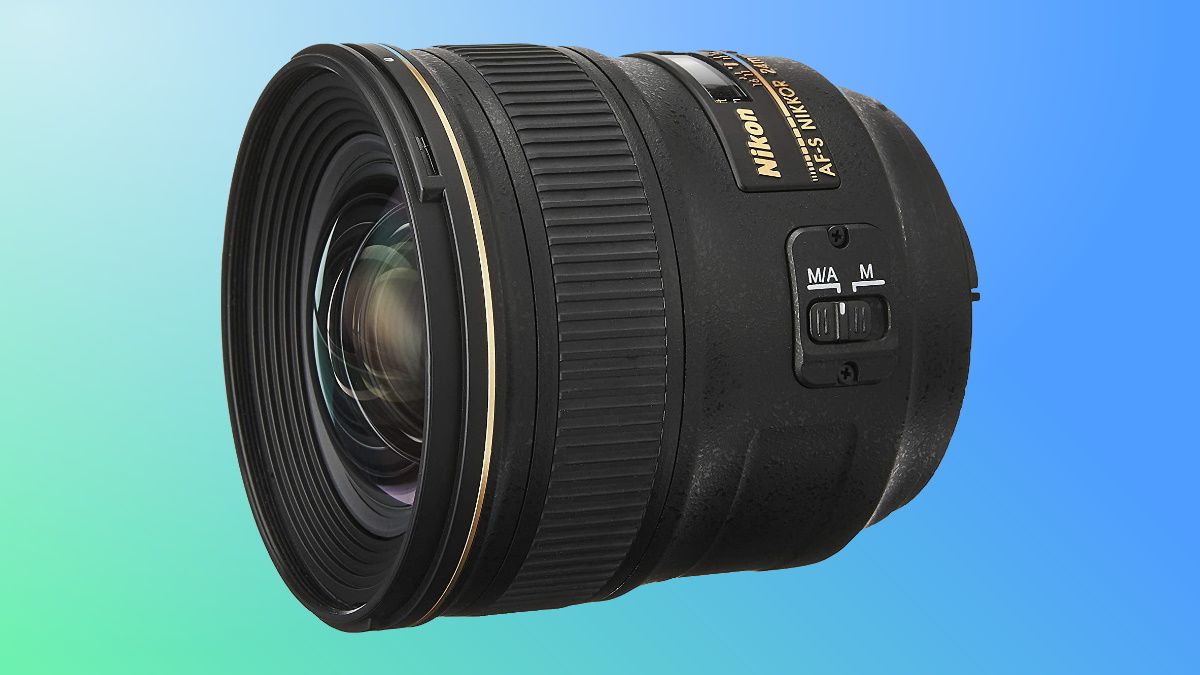 Nikon
Nikon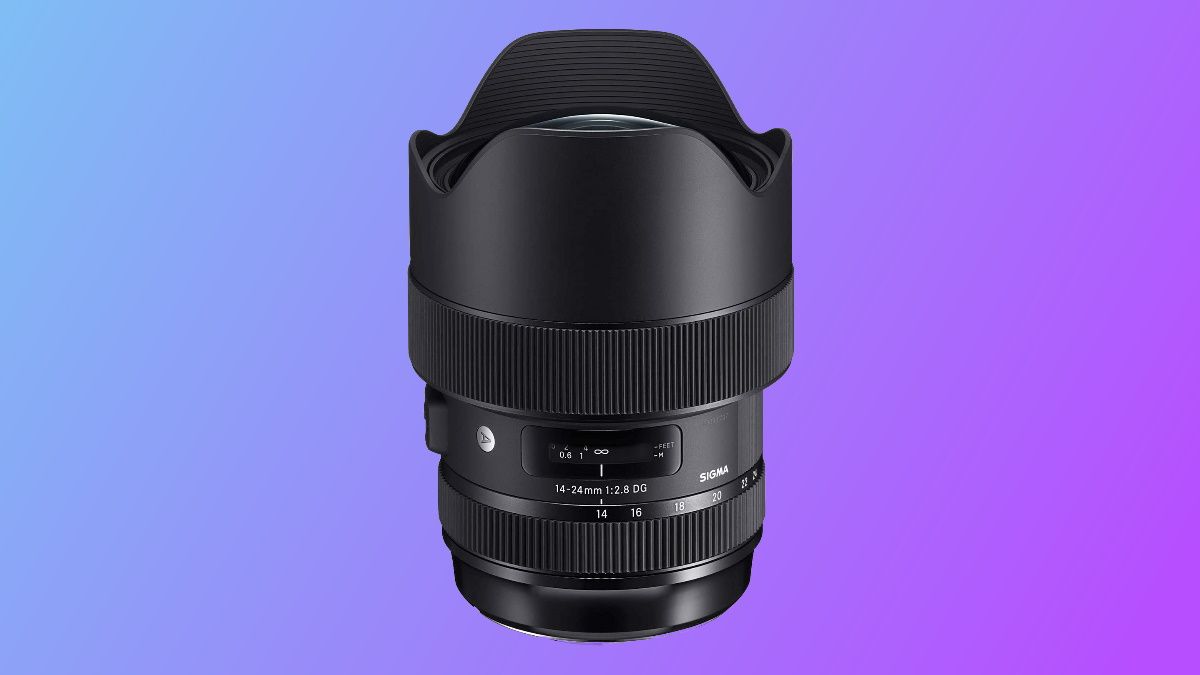 Sigma
Sigma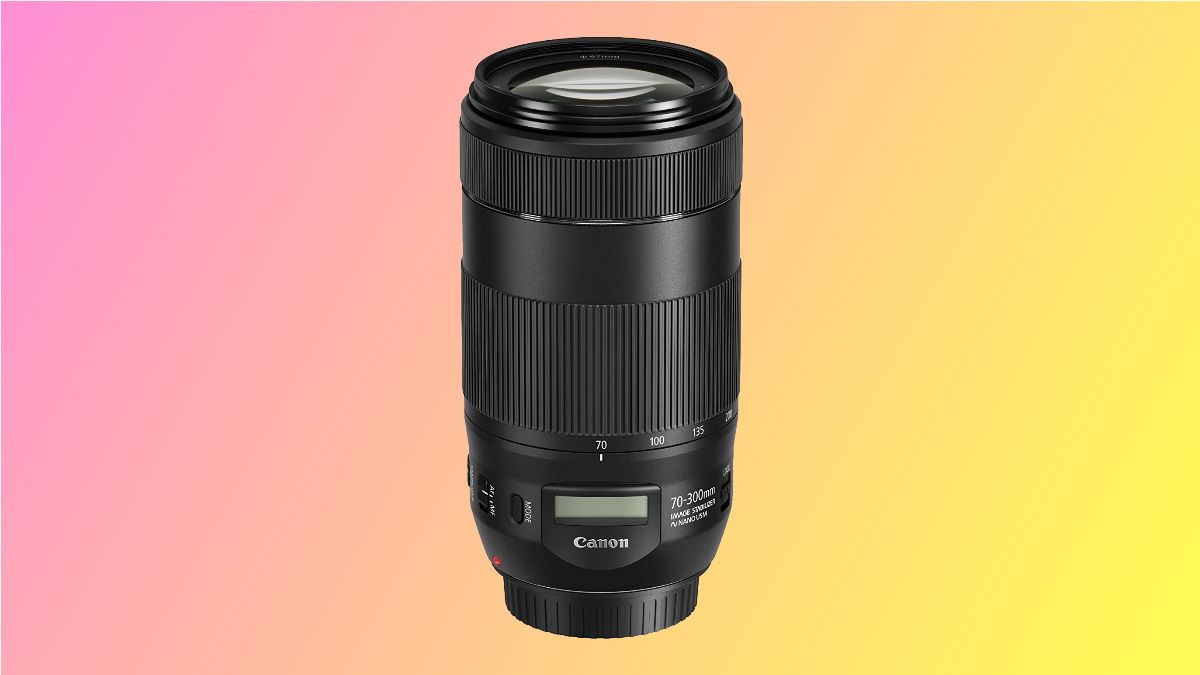 Canon
Canon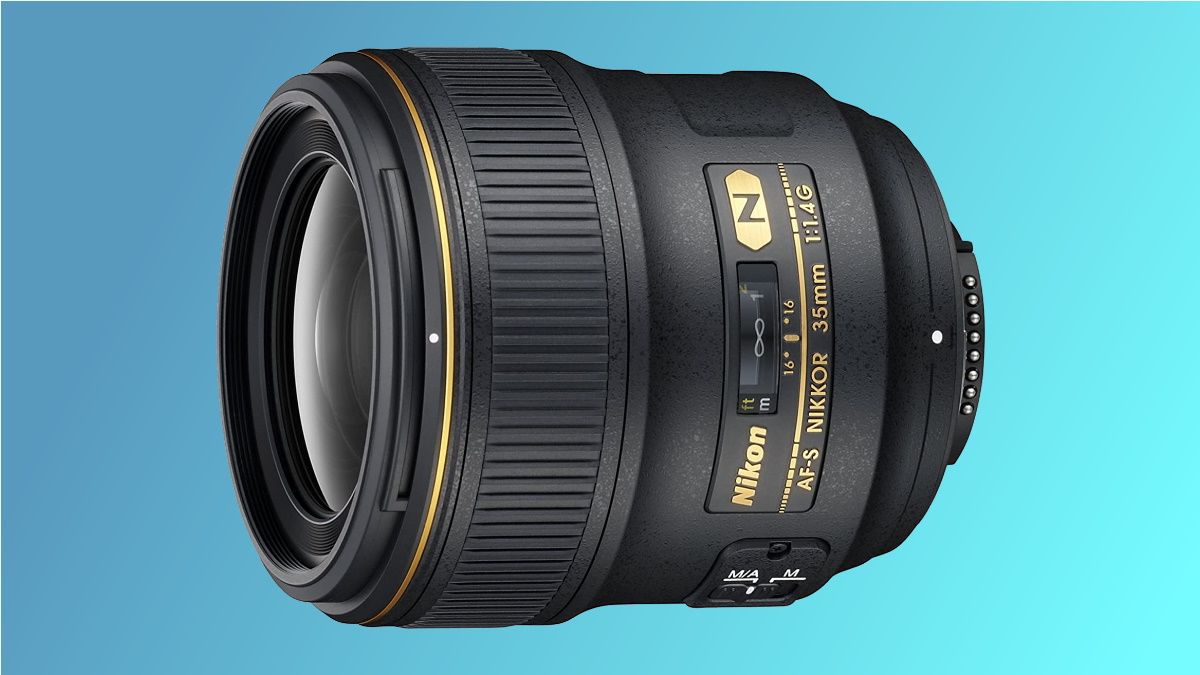 Nikon
Nikon